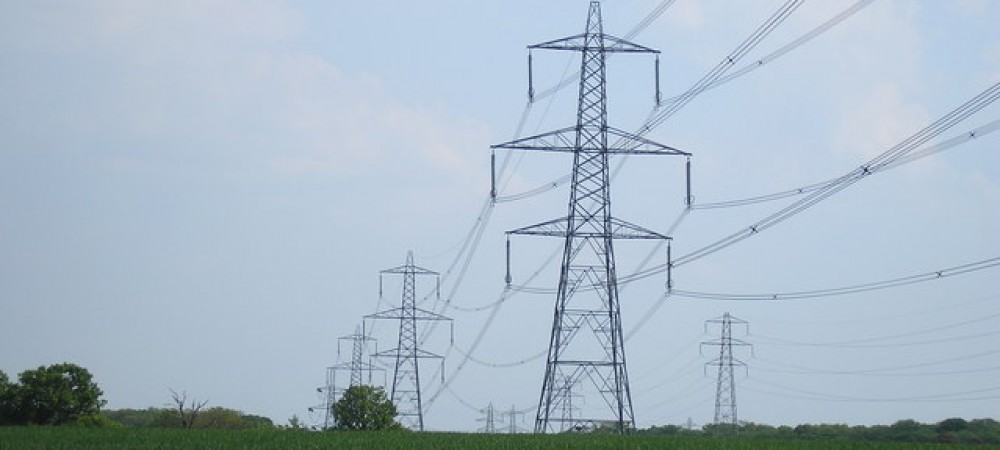The USA is the world’s preeminent food exporter, so it seems reasonable to suppose that in an emergency we would have huge stockpiles of it sitting around. Consider wheat, which unlike most agricultural products normally has a long shelf life and doesn’t require refrigeration. It is produced in the following states:
TOP TEN WHEAT PRODUCING STATES – 2001 Spring Wheat – Amounts in Bushels (1000): North Dakota 234,600; Minnesota 79,200; Montana 65,550; South Dakota 64,350; Idaho 33,320; Washington 25,830; Oregon 5,250; Colorado 3,168; Utah 784; Wisconsin 360.
Notice that wheat is grown far from population centers. Companies like Cargill buy it from farmers in the fall and store it in huge grain silos at railheads, shipping it out as needed. So if you happen to live in a place like North Dakota, you don’t have to look far for wheat berry. If you want the wheat transported somewhere else, or processed into flour, that’s a problem. There is no power for flour mills or for pumping diesel fuel into trucks. If you managed somehow to drive a wheat-laden truck into a city, your cargo would probably be stolen by thieves or commandeered by local authorities. What could they pay you with, anyway?
Nor would the wheat stored at railheads last long. Normally there is a screw mechanism in silos that continuously circulates the grain, killing pest insects and preventing mildew. Without power, the grain would rot or be eaten by pests before much of it could be eaten by people.
I’m not a farmer and I look forward to hearing from someone more knowledgeable that the situation is not as bad as I’ve described.
